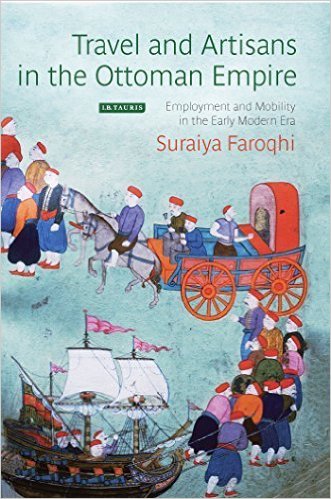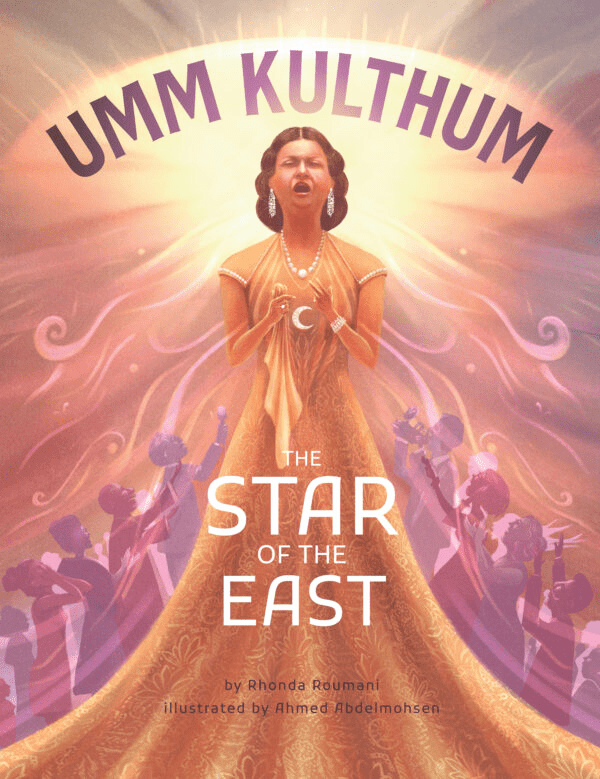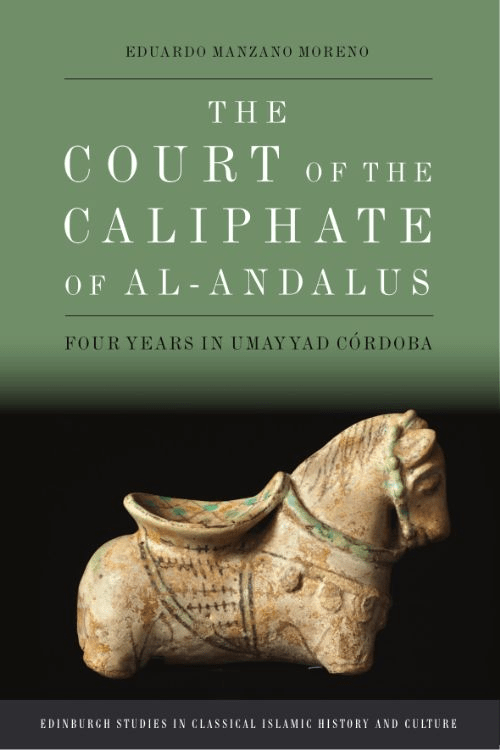
Travel and Artisans in the Ottoman Empire: Employment and Mobility in the Early Modern Era
Tom Verde
Suraiya Faroqhi
2014, I. B. Tauris, 978-1-78076-481-8, $99 hb.
This richly detailed study offers new insights into an empire that was “a world on the move.” Suraiya Faroqhi’s examines its citizenry’s peregrinations throughout the realm from the early 16th to early 19th century, under the headings “Elite Travelers,” “Ordinary People and Their Products on the Move” and, ironically, given the title, “Staying Put.” The travelogue of 17th-century courtier Evliya Çelebi, who journeyed from one end of the empire to the other, reveals the more relaxed mores of Ottoman life beyond the close scrutiny of Istanbul. Reports of ambassadors provide information on European material culture of the day. The section on “Ordinary” travelers shows that diplomats and military weren’t the only ones who were mobile. Other classes included those making the Hajj from distant corners of the empire. Their journeys presented challenges that Faroqhi examines in detail. She also looks at the lives of tradesmen, from Tunisian fez-sellers who traveled to Istanbul and established trade guilds, to “human porters [who] made an often precarious living carrying raw silk, cotton and dyestuffs, as well as finished cloth” from commercial cities such as Bursa. “Staying Put” focuses on merchant-craftsmen whose commercial needs and opportunities brought them to Istanbul where they remained.
You may also be interested in...

Children’s Book Documents Rise of Umm Kulthum, Egypt’s Star of the East, As Declaration of National Identity
Illustrator Rhonda Roumani presents an illustrative biography of legendary Egyptian singer and cultural icon Umm Kulthum.
New Perspective Offered in The Court of the Caliphate of al-Andalus — Our Book Review
Author Eduardo Manzano Moreno gives life to a court scribe’s observations of Córdoba to offer a rarely explored view of the era